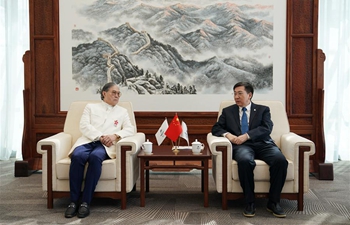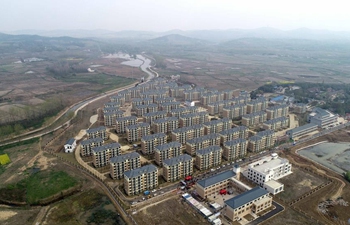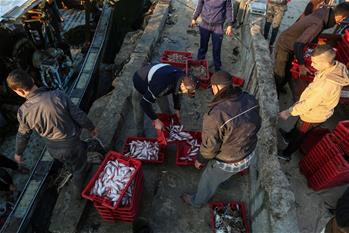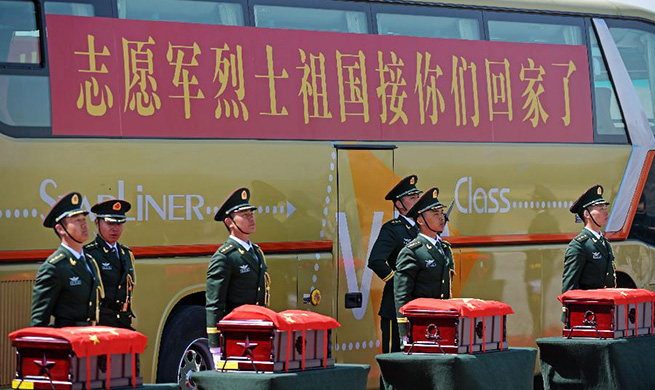UNITED NATIONS, April 3 (Xinhua) -- United Nations Deputy Secretary-General Amina Mohammed on Wednesday called for more floating cities that "will be on the frontlines of climate-related risks - from rising sea levels to storms."
In her remarks to the high-level roundtable on sustainable floating cities, Mohammed said that the approaches to development and environmental sustainability in cities need a serious retooling to meet the challenges of today and tomorrow.
"We live in a time when we cannot continue building cities the way New York or Nairobi were built," she said.
Cities must be built with solutions for low emission development, she said.
"We must build cities knowing that they will be on the frontlines of climate-related risks - from rising sea levels to storms," she said, adding that floating cities can be part of "our new arsenal of tools."
Mohammed said that Singapore is an example as its land "is so scarce that the city has, through land reclamation, expanded its size by almost a quarter since its independence in 1965."
Cities such as Seattle, Jakarta, and Mexico City have made way for houseboats and floating markets for some time, she said.
As climate and water ecosystems are changing, the way cities relate to water needs to change too, said Mohammed. "So today we are looking at a different type of floating city - a different type of scale."
According to the UN deputy chief, floating cities are a means of ensuring climate resilience, as buildings can rise along with the sea. And when entire floating communities are designed from scratch, they can be designed as climate neutral from the onset.
In order to explore the potential of floating cities, the UN deputy chief called for priorities of new partnerships.
Governments can create an environment and incentives for innovation to thrive, She said.
Local authorities can facilitate the construction of pilot projects. They can work with architects, engineers, and stakeholders to identify where floating buildings and communities are a useful element of urban and climate planning, she added.













